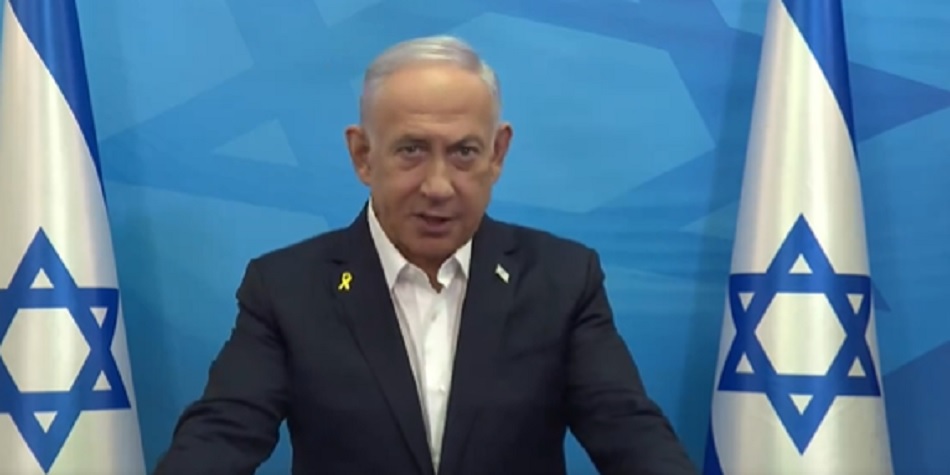
Israel Agrees to Conditions for 60‑Day Gaza Ceasefire, Trump Says
In a significant development, President Donald Trump confirmed that Israel has accepted specific conditions for a 60-day ceasefire in Gaza. This announcement signals a breakthrough in ongoing diplomatic efforts aimed at halting hostilities and alleviating the humanitarian crisis in the region.
Trump, addressing reporters at a recent event, reiterated that “Israel has agreed to conditions for 60‑day Gaza ceasefire,” specifying that both parties would pause military actions under these terms. The statement reflects months of pressure from international mediators and non‑governmental organizations working to negotiate a temporary truce.
Gaza ceasefire
Details of the agreement outline that Israel will halt its airstrikes and ground operations for the full 60-day period. In return, Hamas has reportedly agreed to suspend rocket launches and other offensive operations during the same timeframe. This mutual ceasefire structure is designed to offer civilians in Gaza immediate relief while allowing humanitarian aid to flow more freely.
Israel conditions
While the full text of the agreement remains under diplomatic review, Trump emphasized that Israel’s acceptance came with crucial stipulations. These conditions include no Israeli withdrawal from key territory, no preconditions placed on the release of hostages, and ongoing surveillance to ensure compliance. Maintaining security oversight ensures that Israel can respond should ceasefire violations occur.
Trump statement
Trump’s announcement has reignited debates about the role of international players in brokering peace. Critics argue that such a ceasefire could offer only temporary respite unless followed by a more sustainable roadmap to lasting peace. Supporters, however, view the agreement as a pragmatic step toward de‑escalation and humanitarian relief.
Observers note the ceasefire aligns with broader global efforts to prevent further civilian casualties. Aid organizations have already reported increases in medical supplies and food deliveries since the announcement. In addition, several United Nations delegates praised the agreement and urged for its swift and full implementation.
Despite optimism, analysts caution that maintaining a ceasefire in Gaza is historically challenging. Past attempts have faltered due to violations by both parties. Key to success will be active monitoring by international observers and a clear process for resolution of any breaches.
The agreement also raises questions about post‑ceasefire strategy. Will efforts resume toward negotiating a two‑state solution? And how will hostage releases be integrated into longer‑term peace discussions? While these challenges loom large, the 60‑day ceasefire provides a brief window for diplomacy and the easing of suffering in the region.
Israel’s acceptance of these terms underlines the delicate balance between military objectives and humanitarian concerns. Whether the agreement holds, and whether it can set a precedent for future peace efforts, remains to be seen.


















